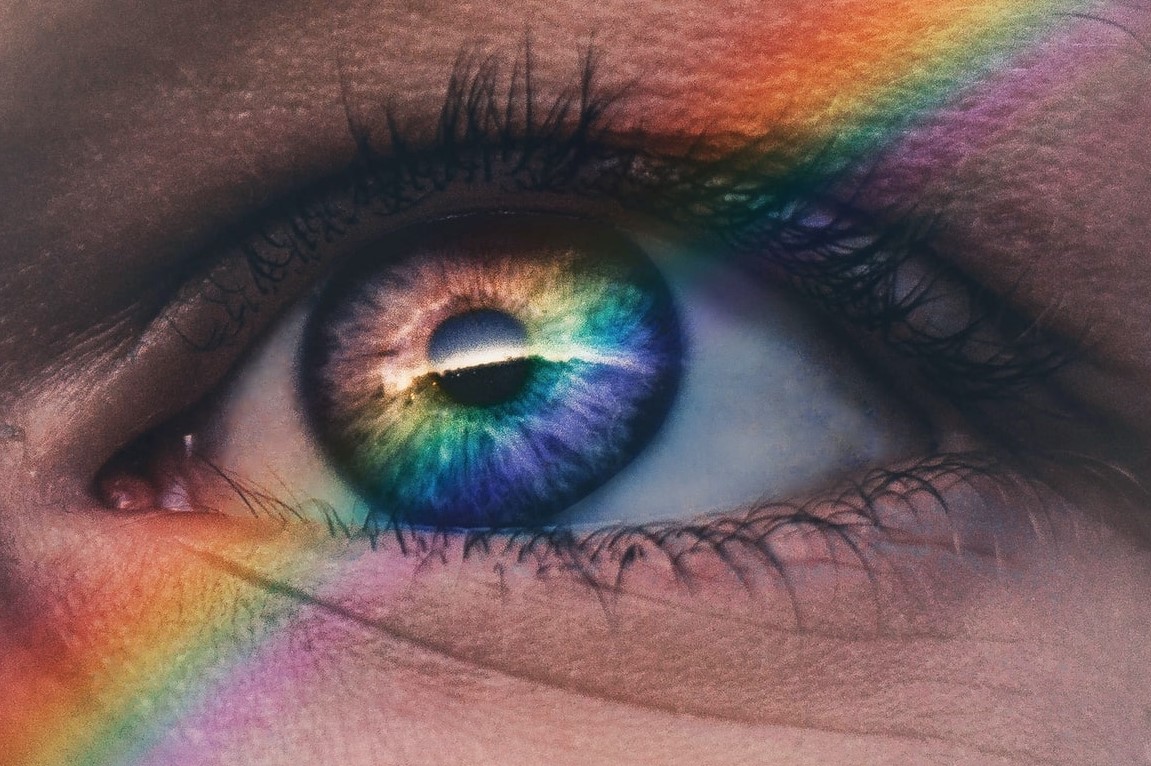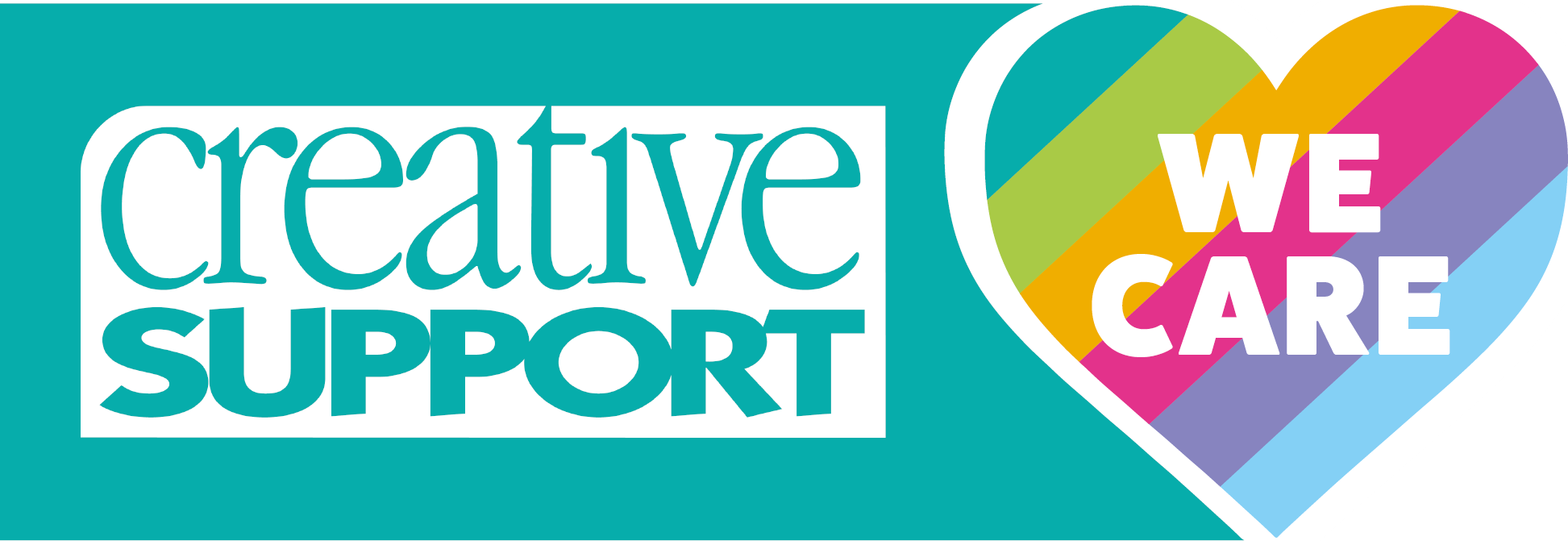Neurodiversity and being LGBTQ+

By Josh from the LGBTQ+ Network for LGBTQ+ History Month
A subject that isn’t considered much is the crossover of sexuality and disability. This is especially the case when we think about our peers and colleagues who identify as both LGBTQ+ and as neurodivergent.
Let’s start at first by defining the term neurodivergent. This refers to the way the brain works in a way that is different from what is typical in society, and also includes conditions such as bipolar, personality disorders, autism, ADHD, and many more. The other term, LGBTQ+, refers to an umbrella of a broad spectrum encompassing people who are lesbian, gay, bisexual, transgender, queer, and more.
When you’re growing up as a neurodivergent person, there are obstacles to overcome, barriers to break down, and hurdles to press through. It all starts to feel more manageable after a while, and then you become aware of your sexuality and this adds another facet to your identity. This adds a new set of challenges to navigate through, without the help of a handy guide or a cheat sheet.
People who are neurotypical (people without a neurodivergent condition) find picking up on social cues relatively easy and straightforward. However, not all neurodivergent people find this comes as easily, especially for someone like myself who is autistic, who does not always pick these up. I also understand my social cues can be difficult for others to pick up on as my thinking tends to drift, as do my facial expressions that come with them.
The art of conversation is beautiful in itself; the able and open time afforded to debate and discussion to speak on topics of mutual interest. For some neurodivergent people, the difficulty we face is not always in an ability to take part in this conversation, but often to make out what is being said. This may be affected by how well we’re keeping track of what’s being said or because of distractions, such as loud noise that is distracting our attention away from the present conversation.
As a gay autistic man, when I’m in spaces I should at heart feel most welcome, I doubt my ability to be a part of the conversations because of the sensory issues I’m dealing with. I don’t feel afforded the equal opportunity to be involved because I feel not as capable as my peers. There are a lack of role models out there who are like me, so there isn’t someone I can aspire to. This plays into these thoughts about myself, and so I try instead to focus on becoming that role model for others, and for myself.
If I could give someone who identifies with being neurodiverse and LGBTQ+ any advice, it would be to embrace what makes you different from your peers and to acknowledge that you will overcome those hurdles, at your pace and in your own time. Do not dwell on the fact the world is moving forward so quickly, focus on what you believe, do what you can to make your way up the hill, at whatever speed you’re going at.
Further reading:
- Ambitious Autism: https://www.ambitiousaboutautism.org.uk/about-us/media-centre/blog/celebrating-lgbt-and-neurodiversity
- Reads Rainbow: https://readsrainbow.com/2021/06/in-the-intersection-neurodiversity-and-disability-in-lgbt-lit
- Good Reads: https://www.goodreads.com/book/show/56265364-young-disabled-and-lgbt
